The first time humans landed on the moon was a truly remarkable event for the entire world. Even more so for the US because it had become the first nation to send people to the moon. Neil Armstrong and Buzz Aldrin forged a permanent name for themselves in school textbooks and history. 28 years after the eventful day on July 21, 1969, when the Apollo Lunar Module landed on the surface of the moon, Buzz Aldrin wrote a letter to Barry Goldman, a professor at the University of Maryland, talking about his experience. As per Letters of Note, in this letter, he also had the foresight to mention that when people think about vacations after 50 years, they could hopefully think of going to the moon, something people are planning at the moment. The letter expresses Aldrin's joy and is also remarkable to look back at.
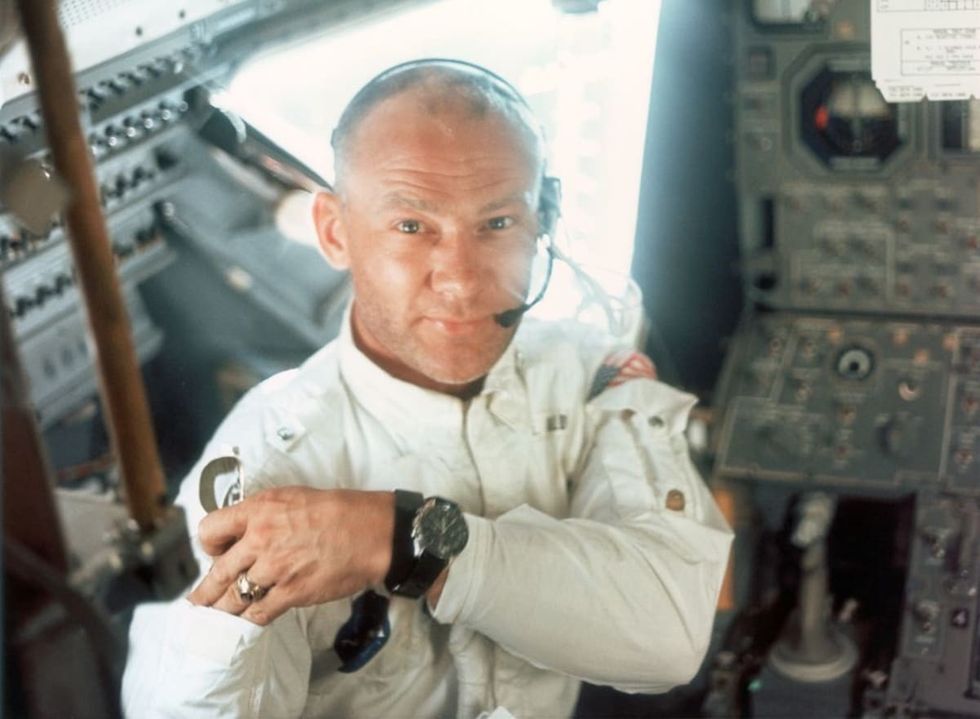
In the letter, Aldrin expresses that he's writing the letter to share his personal ideas and thoughts related to his experience with landing on the moon. He writes, "I have often described the moon as a 'magnificent desolation.' Its rocky horizon curved against the deep black of space, making it perfectly obvious that we were standing on a ball spinning through the universe." He adds that when he planted the American flag on the moon's dusty surface, he had the thought that billions of people were watching him on television. He was delighted about the fact that human beings had never gone farther away than he had, nor had other people thought about them or the work they were doing.
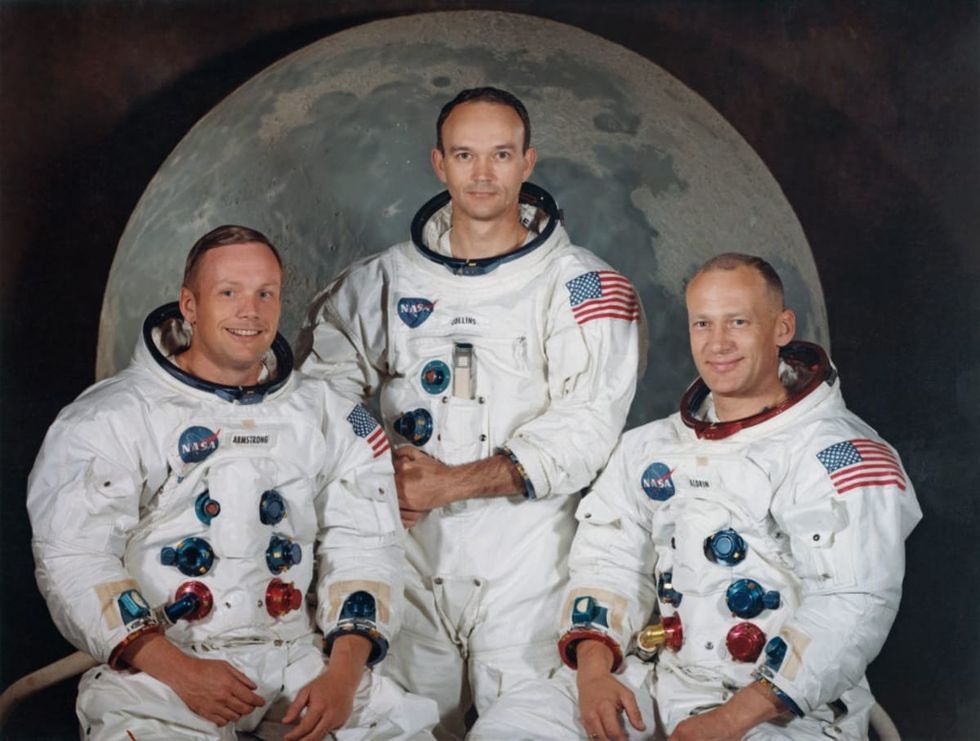
He writes more about the spirit and involvement of people. He says that the participation people exhibited by remembering exactly where they were at the time of the event made it even more special for him. This also made him feel that the moon landing had made a big difference in people's lives. He wrote that every person must have felt good about the nation achieving this feat when anyone could have done this before them. He also wrote, "I have snapshots of myself on the moon that will always remind me of that strange and fascinating place. Someday in the future, as people are mulling over their vacation plans, I hope they’ll choose to fly into space. It’s the trip of a lifetime."
Aldrin answered the question the professor must have had about the future of space exploration: "Regarding your questions about space exploration in 50 years, all of the rationales reduce to one simple truth: we will walk on Mars in the spirit and wonder that sets our species apart." Hopefully, there'll be a day when humanity does get to visit Mars like it has visited the moon. Several space missions are studying the possibilities. This is what Buzz Eldrin's letter was about: possibility. Though he had achieved a massive feat at that time, he mostly talked about what could be. He said things as he looked forward with wonder, a key feature of space exploration and discovering the gems that our universe carries.
This article originally appeared 8 months ago.

















 Representative Image: It take a special kind of heart to make room for a seventh child
Representative Image: It take a special kind of heart to make room for a seventh child  Representative Image: It take a special kind of heart to make room for a seventh child
Representative Image: It take a special kind of heart to make room for a seventh child 
 Speaking in public is still one the most common fears among people.Photo credit: Canva
Speaking in public is still one the most common fears among people.Photo credit: Canva muhammad ali quote GIF by SoulPancake
muhammad ali quote GIF by SoulPancake
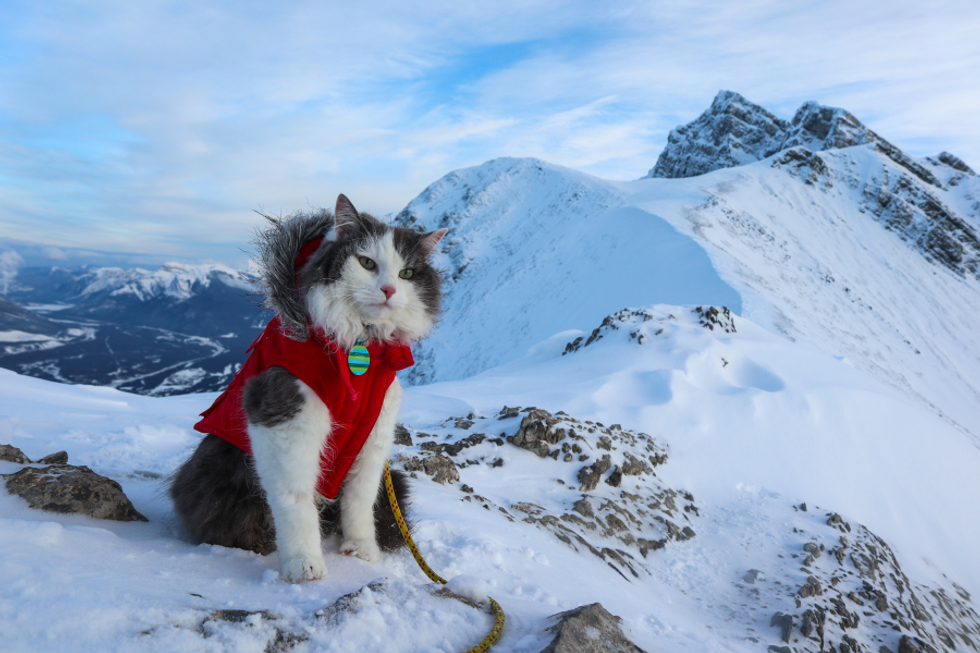 Let us all bow before Gary, the Internet's most adventurous feline. Photo credit: James Eastham
Let us all bow before Gary, the Internet's most adventurous feline. Photo credit: James Eastham Gary the Cat enjoys some paddling. Photo credit: James Eastham
Gary the Cat enjoys some paddling. Photo credit: James Eastham James and Gary chat with Ryan Reed and Tony Photo credit: Ryan Reed
James and Gary chat with Ryan Reed and Tony Photo credit: Ryan Reed

 Good Neighbor record.Photo credit: Good Neighbor
Good Neighbor record.Photo credit: Good Neighbor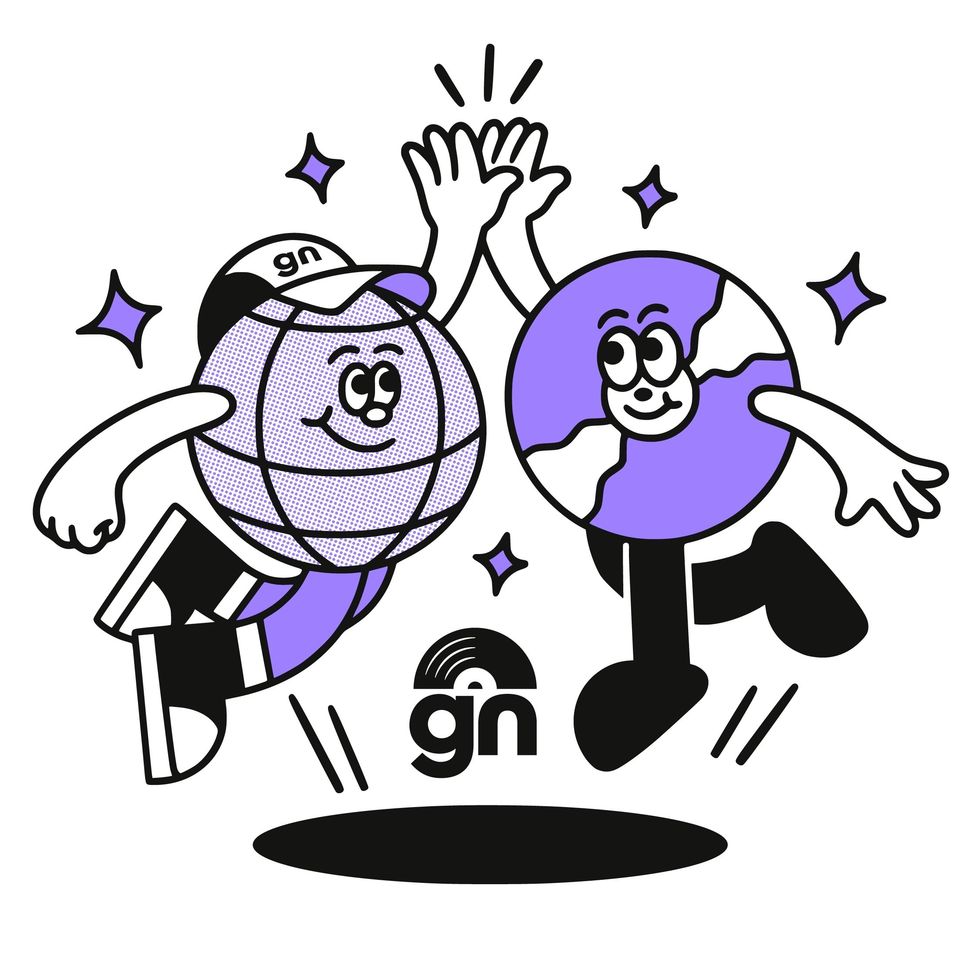 Photo credit: Good Neighbor
Photo credit: Good Neighbor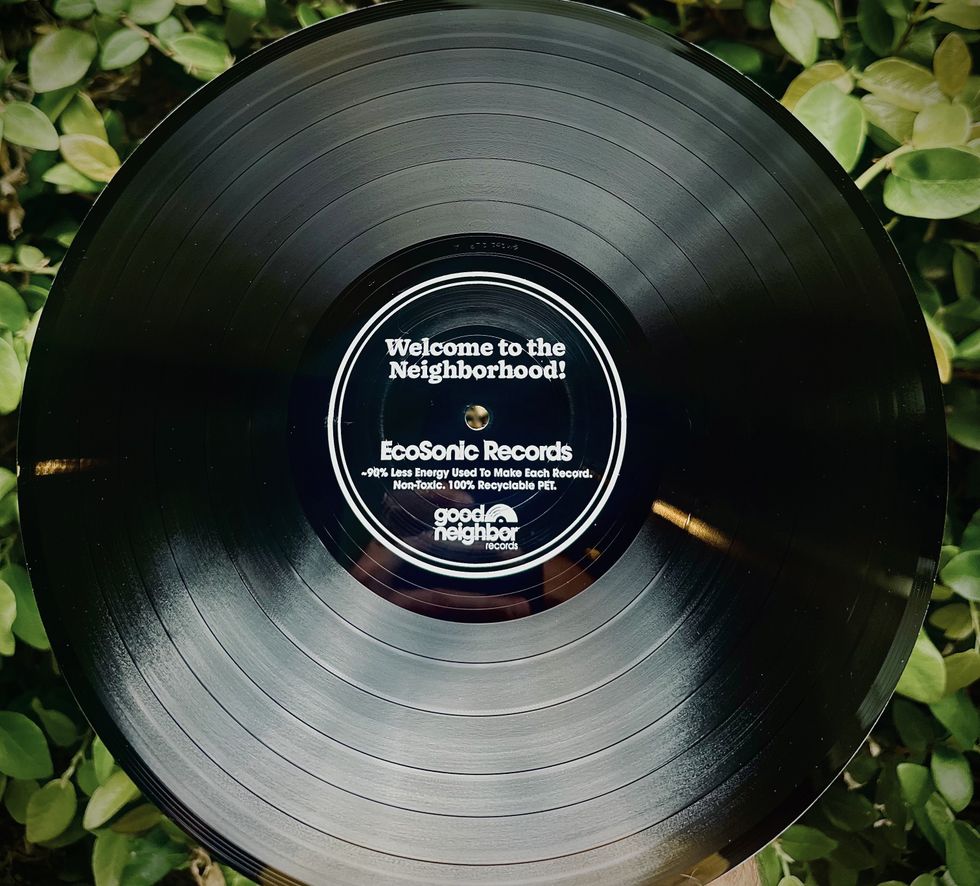 Good Neighbor Records are green.Photo credit: Good Neighbor
Good Neighbor Records are green.Photo credit: Good Neighbor
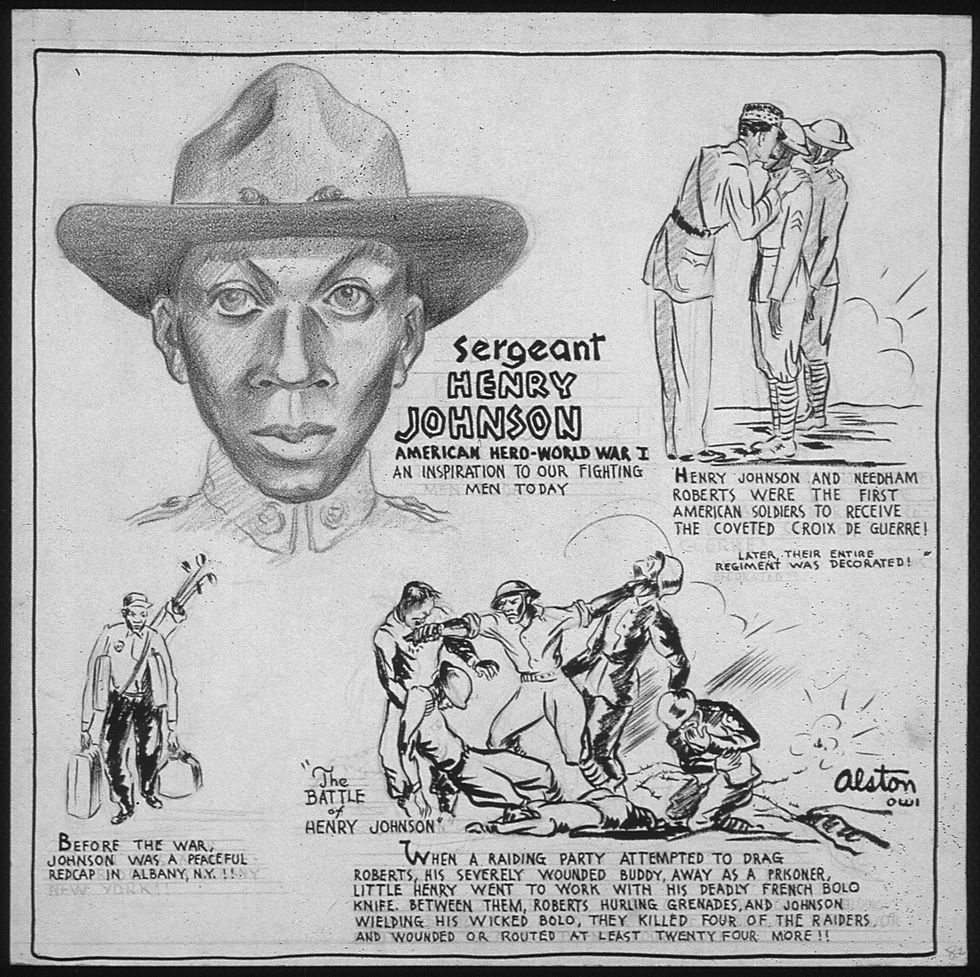 The military used Henry Johnson for recruitment efforts.Photo credit: Wikimedia Commons
The military used Henry Johnson for recruitment efforts.Photo credit: Wikimedia Commons
